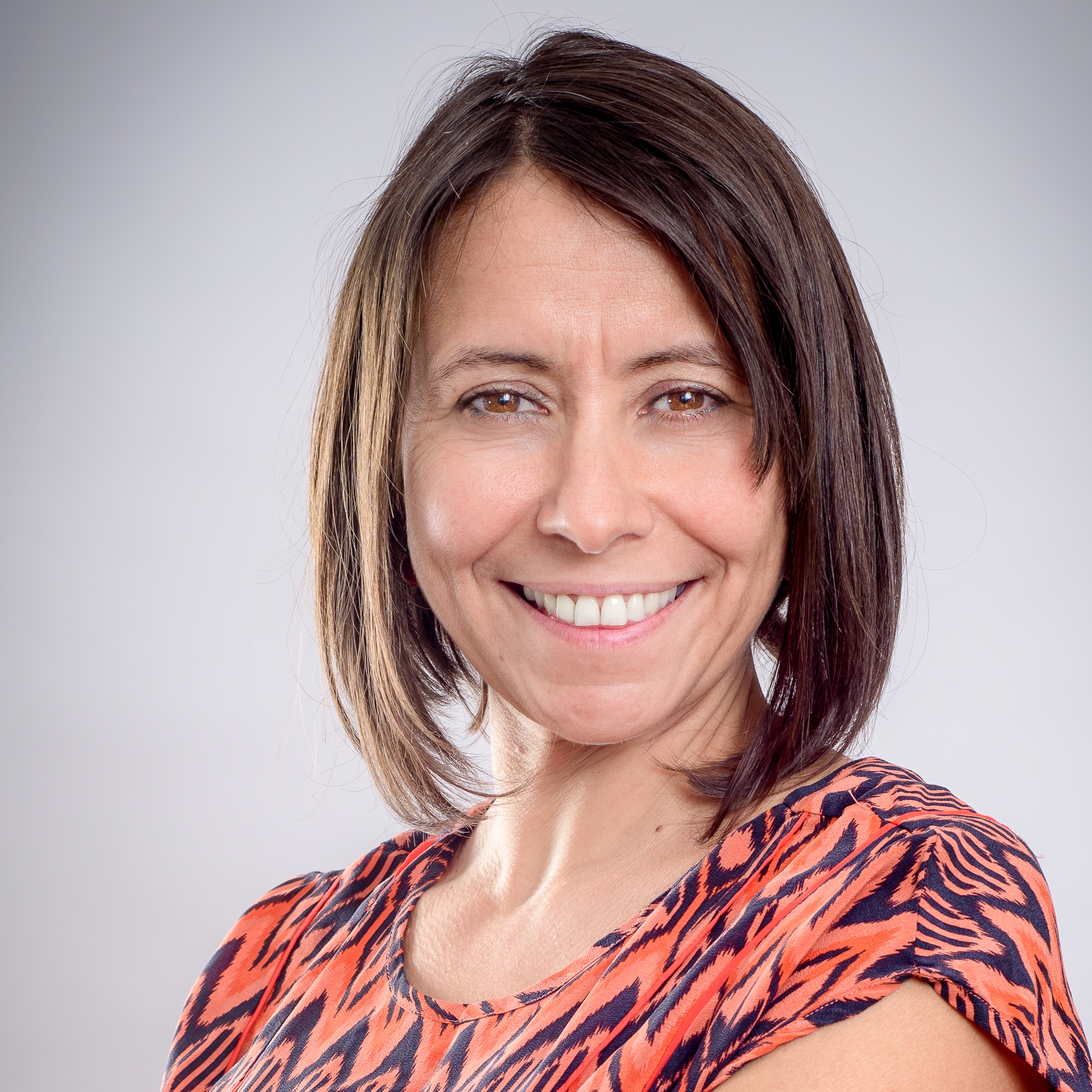“There is a sense of responsibility that comes with high levels of achievement, compromise even. [To become a principal] I would have had to make the decision to devote time, energy and resources to this path and stay with it. The harsh truth is that I, Dominique Mas, was not ready to give up my freedom.”
This was one of the hardest sentences to write in the first chapter of the book I’m working on.
In my work with a lot of high performers, I encounter self-disappointment regularly because of what I call the “It’s-good-enough” syndrome. This usually happens when the person is used to achieving a good level of success very fast. They will pick up new skills or knowledge quickly and feel content that they can do whatever the task or activity is to a satisfactory level. Because of this, they often gain the admiration of those around them fast and thrive on it! The truth is though, inside, they do not feel that they are performing at the level others seem to attribute to them. When they come to me, they are ready to admit, as one of my clients did, that: “I have difficulties bringing things from good to great.”
If you read this and nod in agreement, know you are not alone! For many of us, there is a conflict between desiring what we consider high levels of success and wanting to continue to put in just enough effort. The result is that we feel we’re moving forward, kinda, because of the image others mirror to us, but we feel that we are not deeply challenged and internally fulfilled. Enter: self-disappointment.
What I noticed in myself after much reflection, I now notice in many of my clients: There is a belief that “I know I can do this if I want to. I just don’t want to.” This is the message that comes from the part of us that I like to call “the cruiser”.
For me, an example would be not committing to becoming a principal in international schools – I always said I could if I wanted to, but I wasn’t ambitious in that way. Why then, if I didn’t want to achieve more, was I always disappointed in myself?
My main insight after much deep self-work was that I was not prepared to commit to spending the time, effort, and energy it takes to become a principal.
Today, this pattern is very clear to me because I have been willing to take a good look in the mirror through coaching and facing the narrative I had created for myself.
I have been talking about writing a book for 2 years! I started the research and interviews over a year ago but I actually only started writing very recently. Why? Because my inner cruiser always told me that “you’re doing great!” You have a successful coaching practice, you work with a great startup, you support many coaches and clients, why would you need to write a book? Just go to the beach and chill out already!” It continued with “you know you can do it if you want to, you’re just not ambitious that way.” Ugh. Lies.
“I have difficulties bringing things from good to great.”
The narrative of “I know I can do it, I just need to put my mind to it” was strong. I literally thought that all I had to do was make the decision to sit and write and a book would come out. I told everyone I was working on a book. The question was still there: Why then, was I not sitting down to write?
Digging in with my coach, I suddenly faced all my blocks: Despite what I was telling myself (“You can do it, you just don’t want to”), reality was a very different story. When I thought of writing the book, the overwhelm, the possibility that I might not be an engaging writer, the doubt that I had something of value to say came up. At the same time, there was a fear of success: What if the book was great and I then had a responsibility to those I wrote it for? There was the reason I told myself I “didn’t want to”. THIS was why I never put my mind to “it” – whatever “it” was, the book, becoming a principal… This was why I never challenged myself deeply to compromise and why I let my inner cruiser run the show. Simply put, I was scared.
Today, I have remnants of this cruiser, he appears (not sure why he’s a he, but he is in my head!) in other areas of my life and that’s just fine, because I have been able to contain him when it comes to creating my legacy: the book I’m working on. I have re-written the narrative because now, I don’t just “know” that I can do it if I put my mind to it. I actually KNOW, because I am putting my mind to it. Have I overcome all the self-doubt, overwhelm and other obstacles? No. But I am doing it, one step at a time and my inner cruiser has left space for my inner achiever.
Here is how the sentence changes after the first chapter of the book:
“There is a sense of responsibility that comes with high levels of achievement, compromise even. I have made the decision to devote time, energy and resources to this path and stay with it. The harsh truth is that I, Dominique Mas, who was not ready to give up freedom, needed to do deep work on myself and transform. I needed to understand that commitment in this case does not mean giving up freedom. It IS freedom: The freedom to write a book not because of the external validation I might or might not receive but because of the sense of inner alignment I feel when I tell my story.”
Why am I sharing this with you? Because I know how hard it is to make the decision to start creating your legacy. It’s a big word, a huge commitment and it will require you to rewrite your narrative, let go of who you’ve been and compromise. You are not alone and you can find the courage to move forward. When you’re ready, I will be there to support you every step of the way.


